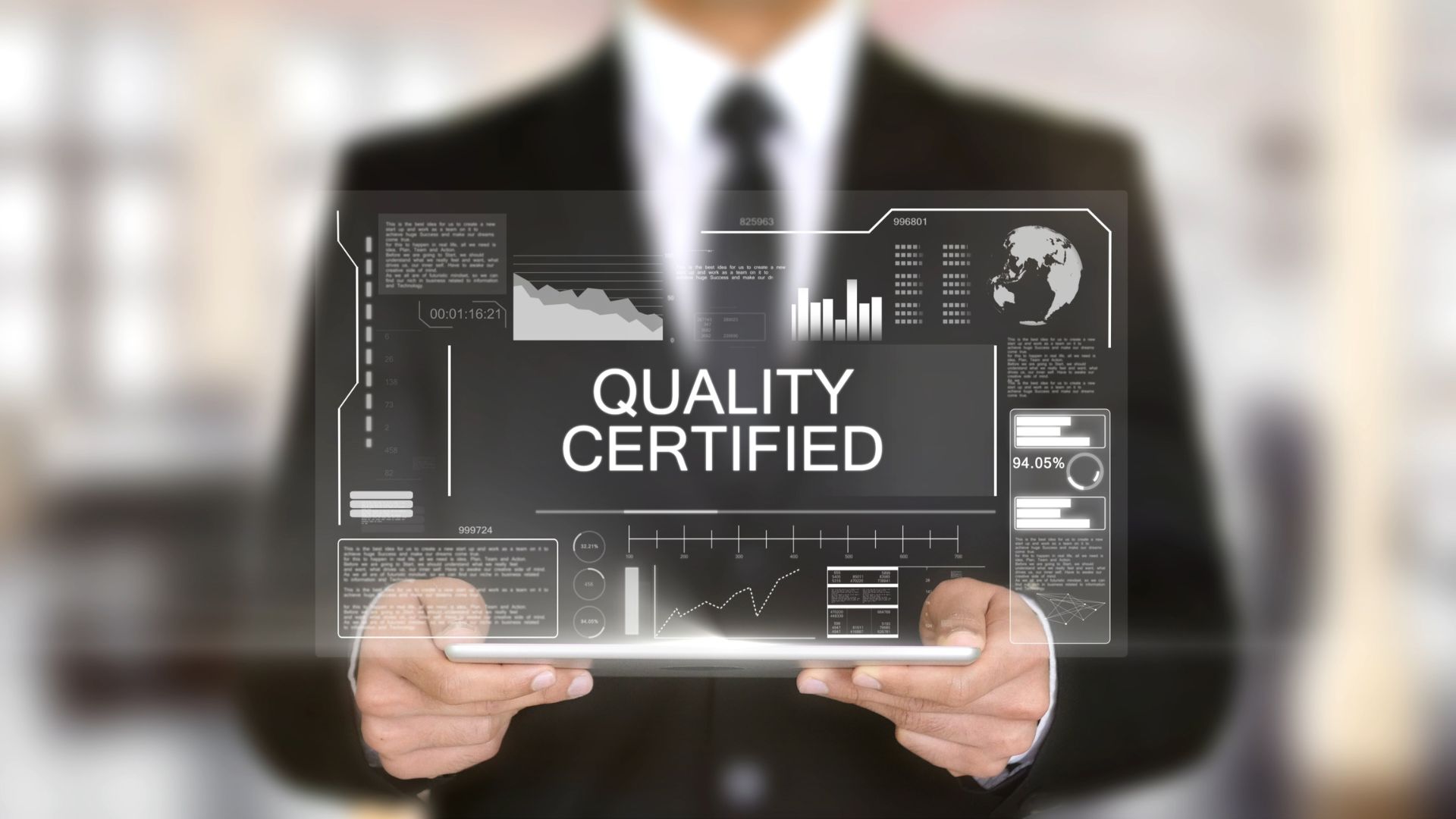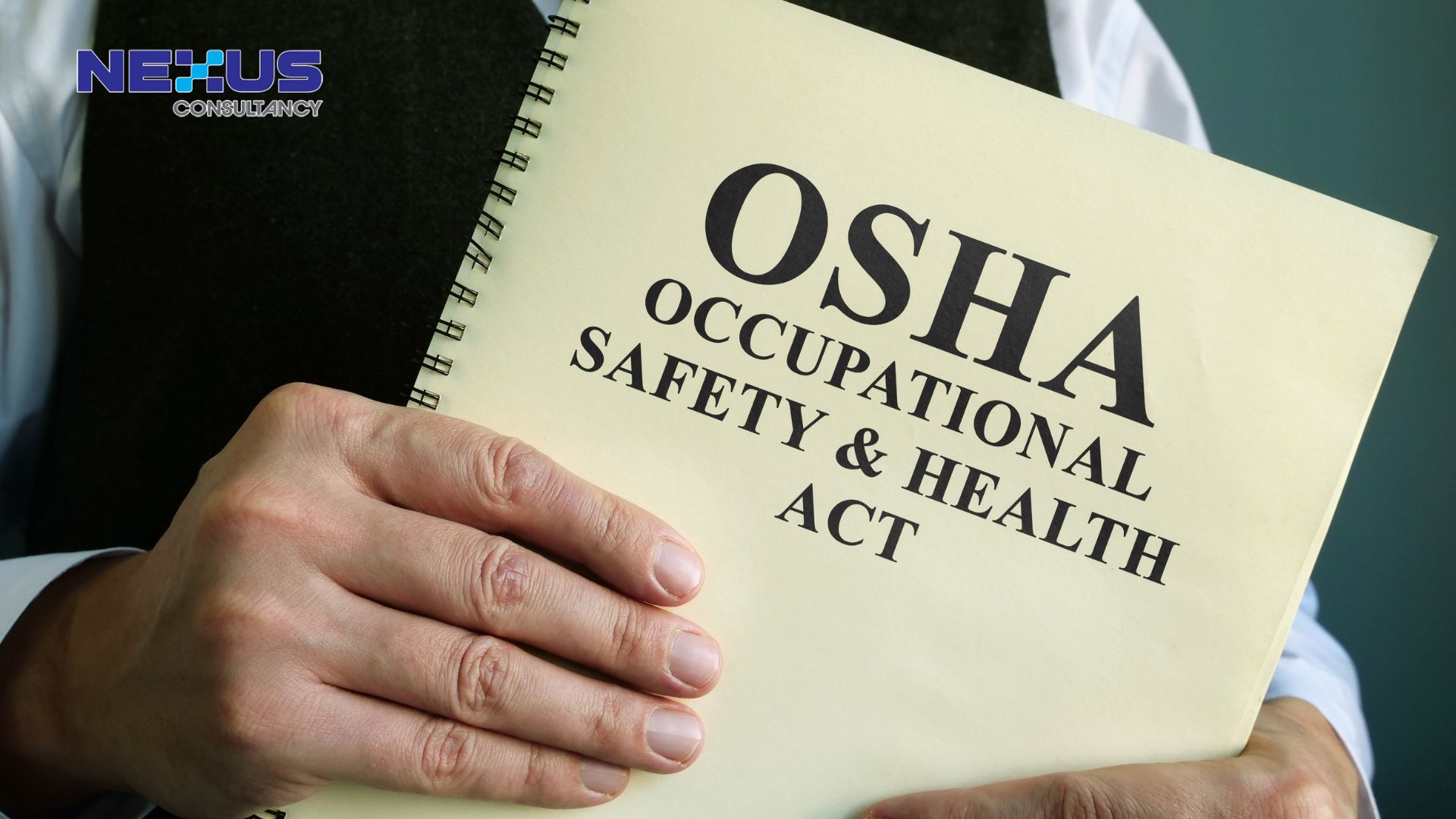
Danielle Tan
Chief Operating Officer
The ISO 14064-1 standard provides guidelines for organizations to quantify, monitor, and report greenhouse gas emissions and removals. This aims to explain the purpose and scope of ISO 14064-1, helping readers understand its importance in greenhouse gas reporting and environmental management.

The recent amendment by the ISO/Committee for Conformity Assessment (CASCO) to incorporate a reference to “climate change” within all management systems standards operating under Annex SL marks a significant step forward in addressing environmental considerations within organizational frameworks.
It’s worth noting that ISO/CASCO and the International Accreditation Forum (IAF) have clarified that this addition serves as a clarification rather than introducing a new requirement. Consequently, the publication year of Annex SL standards remains unchanged.
The revision aligns with the ISO London Declaration, wherein ISO pledges to address climate change and contribute to the global climate agenda.
The objective is to embed climate change considerations as a fundamental component of management systems, emphasizing their importance in shaping organizational policies and practices from the outset, rather than as an incidental consideration. This endeavor is encapsulated within the Harmonized Structure of the ISO/IEC Directives, marking a notable evolution in ISO’s approach to environmental responsibility.
While climate change risks may not be immediately apparent in some standards, ISO’s objective is not to enforce a direct correlation but rather to ensure that every organization incorporates climate change into their contextual analysis. If deemed relevant, organizations should integrate climate change considerations into the design and implementation of their management systems.
Understanding the organization’s context and the requirements of stakeholders is already a mandatory aspect outlined in Clause 4 of the ISO standard’s Harmonized Structure. Therefore, the only new requirement is that organizations consistently consider climate change as part of this analysis.
What Standards are Affected?
The climate change amendment applies to all Type A ISO management system standards, which describe requirements for certification. The revisions impact a diverse range of standards, including:
- ISO 9001:2015 Quality Management Systems
- ISO 14001:2015 Environmental Management Systems
- ISO 22000:2018 Food Safety Management Systems
- ISO 22301:2019 Business Continuity Management Systems
- ISO/IEC 27001:2022 Information Security, Cybersecurity and Privacy Protection
- ISO 37001:2016 Anti-Bribery Management Systems
- ISO 45001:2018 Occupational Health and Safety Management Systems
- ISO 50001:2018 Energy Management Systems
(Refer to the full list of standards in the joint Communiqué from IAF and ISO.)
The relevance of climate change will vary across these standards due to their distinct scopes and intended purposes. Additionally, factors such as the organization’s location, business sector, processes, products, and services will influence the significance of climate change within each standard.

What are the Requirements?
The amendment is integrated into Clause 4 of the Harmonized Structure. The modifications to clauses 4.1 and 4.2 of the associated standards will be as follows:
Clause 4.1 – ‘Understanding the organization and its context requirements’, a new requirement has been added: “The organization shall determine whether climate change is a relevant issue.”
Clause 4.2 – ‘Understanding the needs and expectations of interested parties’, a new note has been added: “NOTE: Relevant interested parties can have requirements related to climate change.”
While the fundamental intent of clauses 4.1 and 4.2 remains unaltered, these additions ensure that “climate change” is duly accounted for within the management system, recognizing it as a significant external factor for organizations to consider.

Conclusion
What does it Mean for Certified Organizations?
The new requirement mandates that organizations ascertain the relevance of climate change and whether concerned parties have climate-related requirements. If deemed relevant, climate change must be factored into the development and execution of the management system. If your organization already holds certification to an ISO standard, you’re likely engaging in similar contextual analyses. The key distinction now is that climate change must consistently feature as a consideration, and if deemed relevant, be integrated into your management system.
For over three decades, greenhouse gases, global warming, and climate change have been prominent concerns, involving governments, authorities, businesses, NGOs, and society at large. The adverse impacts of emissions are palpable, underscoring the necessity for contributions from all sectors.
Many organizations have already evaluated how climate change impacts their operations. For those yet to do so, this presents an opportunity to commence assessing climate change risks and fortify the management system to address forthcoming challenges.
Reference:
- https://iaf.nu/iaf_system/uploads/documents/Joint_ISO-IAF_Communique_re_Climate_Change_Amds_to_ISO_MSS_Feb_2024_Final.pdf
- https://www.dnv.com/assurance/Management-Systems/Climate-change-addition-to-the-ISO-management-system-standards/
- https://pecb.com/article/iso-introduces-climate-action-amendments-to-management-systems-standards
Curious to learn more about Climate Change to the ISO Management System and how to begin? Get in touch with us now for more information.






